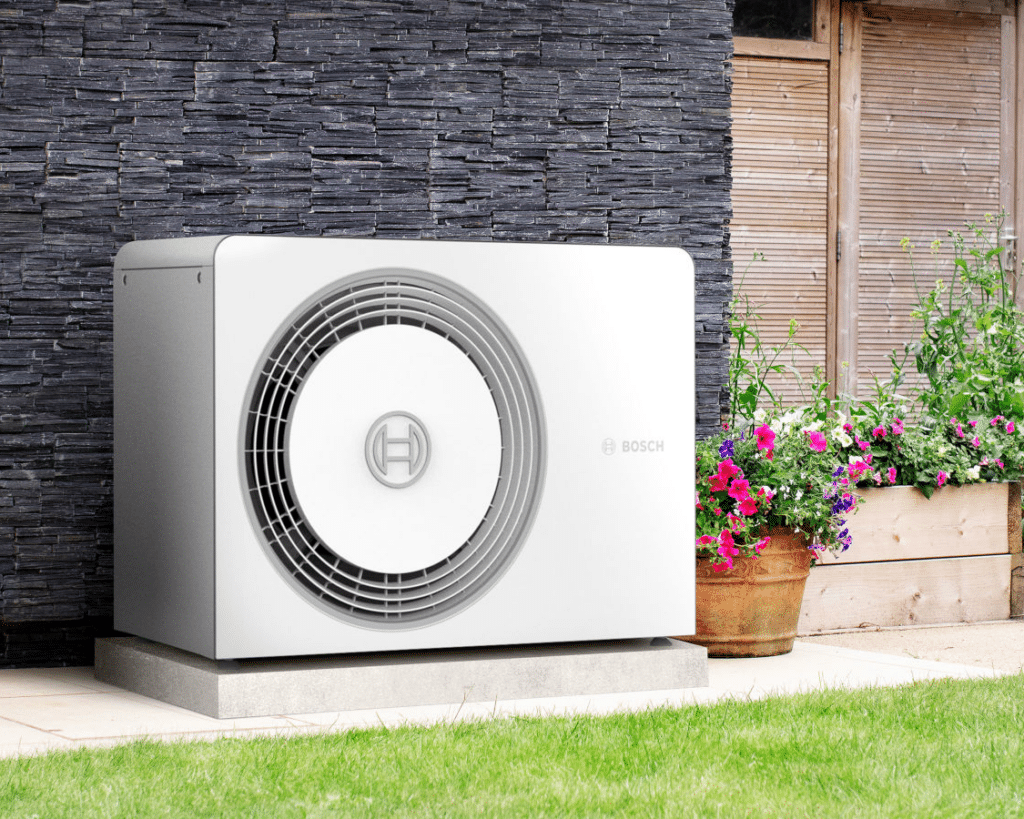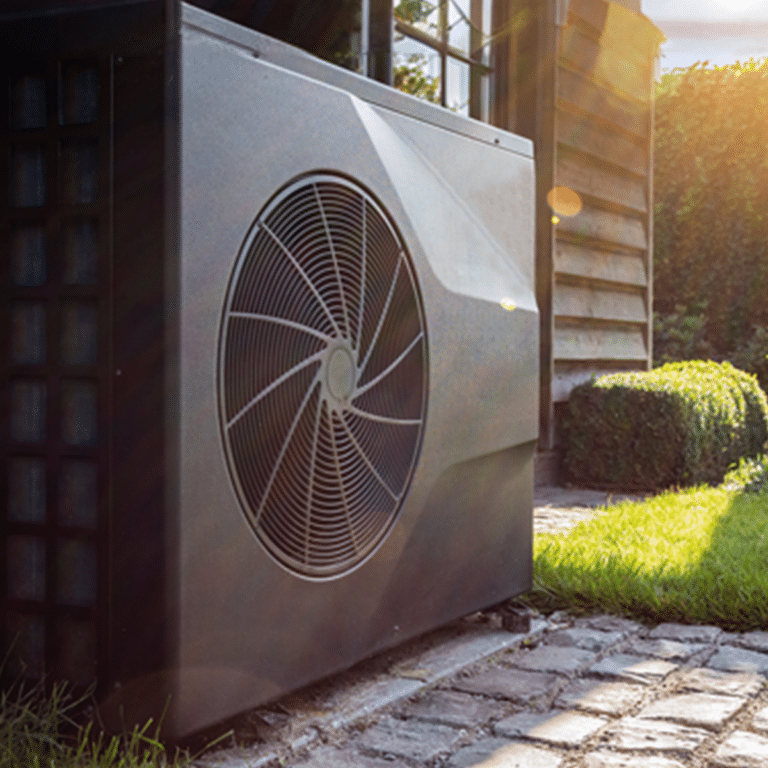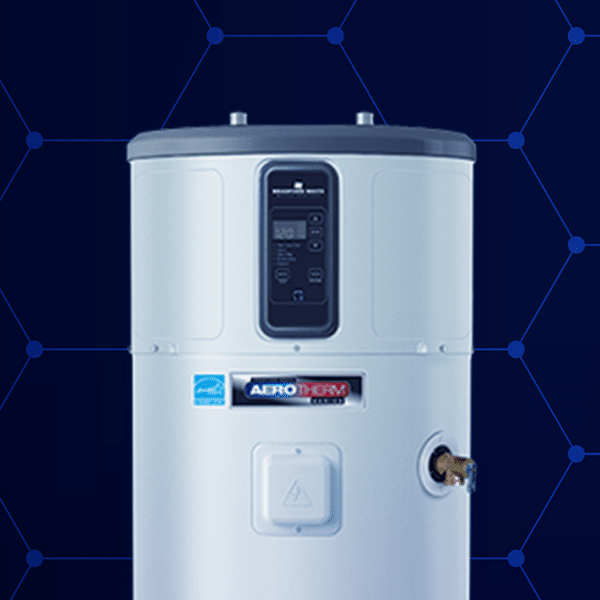GAS LEAKS ARE SCARY
Be afraid of Gas Leaks
Written By Ian Medina | Published October 30, 2024
Gas Leaks Are Dangerously Scary
Methane gas, commonly known as natural gas, has been heating American homes for over a century, but its track record of leaks and the dangers it poses to both communities and the environment have made it increasingly clear that gas has no place in a modern, clean energy system. A gas pipeline incident occurs in the U.S. approximately every 40 hours. From 2010 to 2021, nearly 2,600 significant pipeline incidents were reported, leading to 328 explosions. These explosions resulted in 122 deaths and over 600 injuries, highlighting the severe public safety risks tied to gas infrastructure.
Beyond immediate safety concerns, methane leaks have significant environmental impacts. Gas leaks reported to the federal government between 2010 and 2021 released 26.6 billion cubic feet of methane, which is equivalent to the annual emissions of over 2.4 million passenger vehicles. While the EPA has noted a reduction in emissions from gas systems since 1990, newer studies suggest that the amount of gas leaking into the atmosphere is far higher than federal estimates. In fact, some studies estimate that leakage rates are five times greater than what the EPA reports, undermining any perceived environmental benefit of gas over coal.
Despite billions of dollars spent by utilities to address leaks, the frequency of major gas incidents has not significantly declined since 2010. Programs in states like Illinois and Maryland have prioritized complete system replacements, often at high costs with limited safety improvements. With the urgent need to decarbonize the energy system, continuing to invest in gas infrastructure risks creating “stranded assets” that divert resources from clean energy solutions. To mitigate these risks, the U.S. must focus on electrifying buildings while addressing the most dangerous gas leaks to protect both public health and the environment.

Bosch Global Heat Pump | https://www.bosch.com/stories/how-do-heat-pumps-work/
Time to Switch to Electric
Considering the shift to electric heating? It could be the right move for your home’s safety, the environment, and your wallet. Gas leaks, which are surprisingly common, pose serious safety risks and contribute heavily to climate change. Methane, the primary component of natural gas, is a potent greenhouse gas that traps significantly more heat in the atmosphere than carbon dioxide. By transitioning to electric heating, you can eliminate the risk of dangerous gas leaks and reduce your home’s carbon footprint, helping to protect both your community and the planet.
In addition to the environmental benefits, converting to electric heating systems offers practical advantages. Electric heat pumps and water heaters are often more energy-efficient than traditional gas systems, leading to lower utility bills. They also tend to be quieter, making them ideal for maintaining a peaceful home environment. Plus, with fewer moving parts than gas systems, electric heating requires less maintenance, saving homeowners time and money in the long run. And with federal and local rebates available through programs like the Inflation Reduction Act, switching to electric is more affordable than ever.
Ready to make the transition?
We don’t blame you. Gas leaks and incidents are terrifying to hear about. But If you’re ready to take the next step, you’re in the perfect place. Electrify My Home works with a network of contractors and specialists to ensure that we have a heat pump retrofitted for your home. Contact us today or schedule a virtual appointment to get started on the process!


